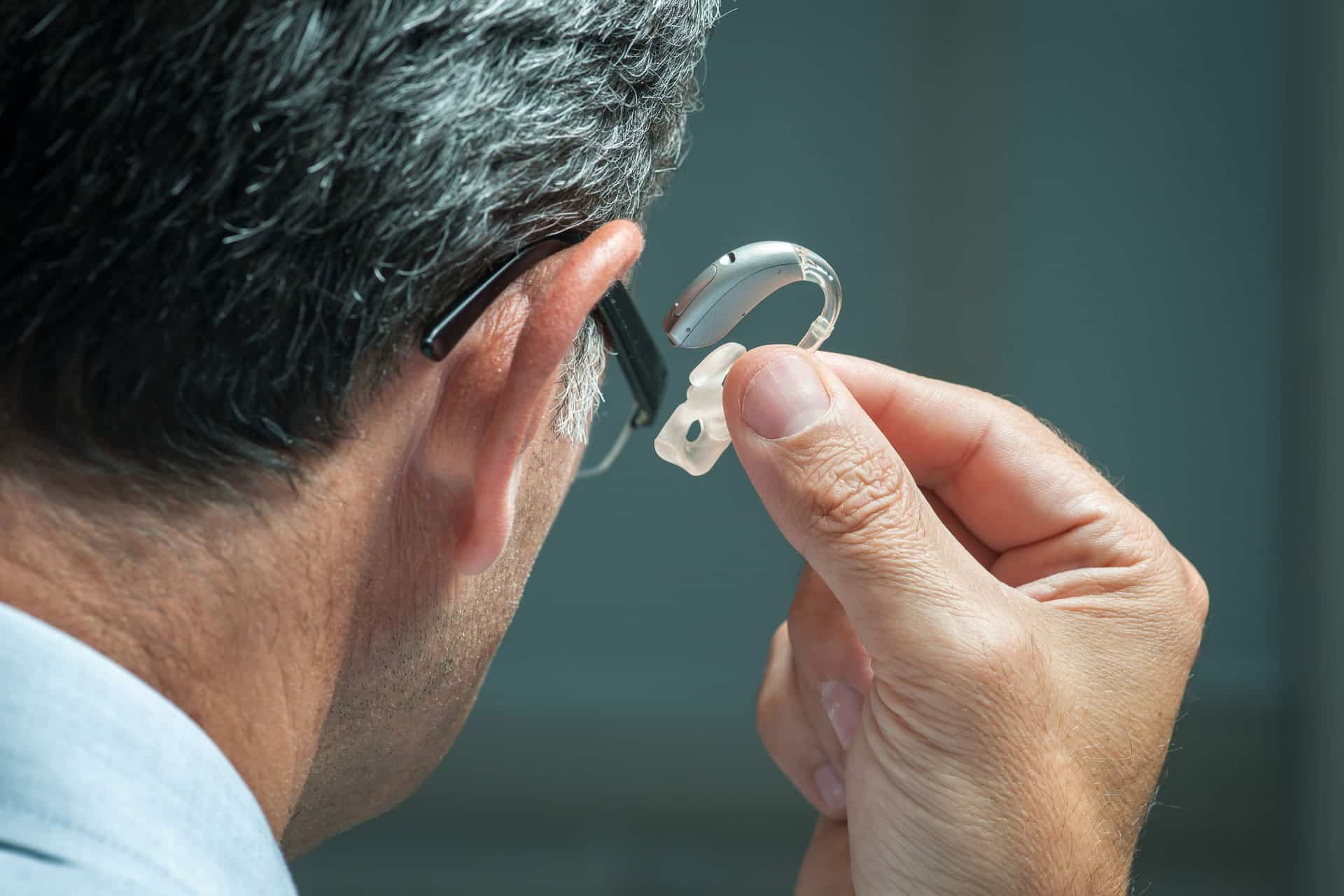Delivery in 2-3 working days
Hearing loss with herpes: the unexpected connection
In the world of medicine, there are often surprising connections. The connection between herpes and hearing loss is one such. Most people know that herpes causes blisters, but few are aware of the possible effects on hearing. In rare cases, herpes can actually cause hearing loss.
The broad spectrum of herpes: from zoster to chickenpox
Herpes includes a family of viruses that can cause a variety of diseases. One of these is herpes zoster, known as shingles, which occurs when the chickenpox virus, which is dormant in our bodies, is reactivated. Another type, herpes oticus, can specifically affect the ear and cause hearing loss. These different types of herpes can occur in different ways and affect our well-being, so it is important to know and understand them.

Herpes and the ear:
A complex connection
Reactivation of herpes viruses in the ear canal can lead to infection of the otic nerve. This is a type of neural complication that can manifest as facial paralysis. In addition, herpes oticus can lead to a painful condition called neuralgia. The connection between herpes and our hearing is complex and requires a deeper understanding to properly diagnose and treat.
Herpes oticus:
The direct influence of herpes on the ear
Herpes oticus is a specific form of herpes that affects the ear. The viruses can enter the ear canal and infect the cranial nerves responsible for hearing. This infection can lead to painful blisters in and around the ear, often accompanied by hearing loss and, in some cases, facial paralysis. It is important to know the specific symptoms of herpes oticus in order to recognize the condition early and provide appropriate treatment.
Hearing loss in herpes:
A surprising symptom
Hearing loss is an unexpected but serious complication of herpes. Symptoms can appear suddenly and vary from mild to severe. In some cases, hearing loss can be permanent. This makes it even more important to seek immediate medical attention when these symptoms occur.

Signs and diagnosis:
How to recognize hearing loss with herpes?
The symptoms of hearing loss in herpes can be subtle and therefore easy to miss. In addition to hearing loss, dizziness, tinnitus and ear pain may also occur. To make an accurate diagnosis, a thorough examination by a physician is usually required, including hearing tests, possibly blood tests and imaging. Early diagnosis is key to preventing long-term damage and improving the chances of recovery.
Here are some symptoms that may indicate possible hearing loss with herpes:
Sudden hearing loss:
A sudden loss of hearing may be a sign of herpes infection. In some cases, this symptom may be the first sign of infection.
Dizziness:
Vertigo can be caused by an infection of the inner ear that affects balance. This can lead to unsteadiness when walking or a feeling of "spinning dizziness".
Tinnitus:
Tinnitus is the hearing of sounds (such as a ringing, humming, or whistling) that do not come from an external source. Tinnitus may be a sign of damage to the inner ear caused by herpes.
Difficulty hearing certain sounds:
If you find that you can no longer hear high or low sounds well, this could also indicate hearing loss.
The need to increase the volume of the TV or radio:
If you find that you have to constantly turn up the volume on your devices to hear well, it could be a sign of hearing loss.
Difficulty hearing in noisy environments:
This may be a sign that the ear is no longer able to effectively filter out background noise.
Treatment: How is hearing loss treated in herpes?
The treatment of hearing loss in herpes usually involves the use of antiviral medication to fight the virus. In some cases, it may also be necessary to use steroid therapy to reduce inflammation. If hearing loss is permanent, hearing aids may be required. Further support can be provided by hearing aids such as the OSKAR TV hearing amplifier.
Treatment should be individualized to the patient and should be under the supervision of a physician.
Prevention: Is it possible to prevent hearing loss due to herpes?
Since herpes is a viral infection, vaccination is the best form of prevention. Vaccination against chickenpox or shingles can reduce the risk of reactivation of the virus and thus the risk of complications such as hearing loss. In addition to vaccination, it is important to maintain healthy lifestyle habits to strengthen the immune system and reduce the risk of infection.
Although hearing loss is not common with herpes, it is important to be aware of the possibility. If you have herpes and notice signs of hearing loss, seek medical attention immediately. Early detection and treatment can prevent permanent hearing loss. It is always better to be informed and prepared than surprised and unprepared.



